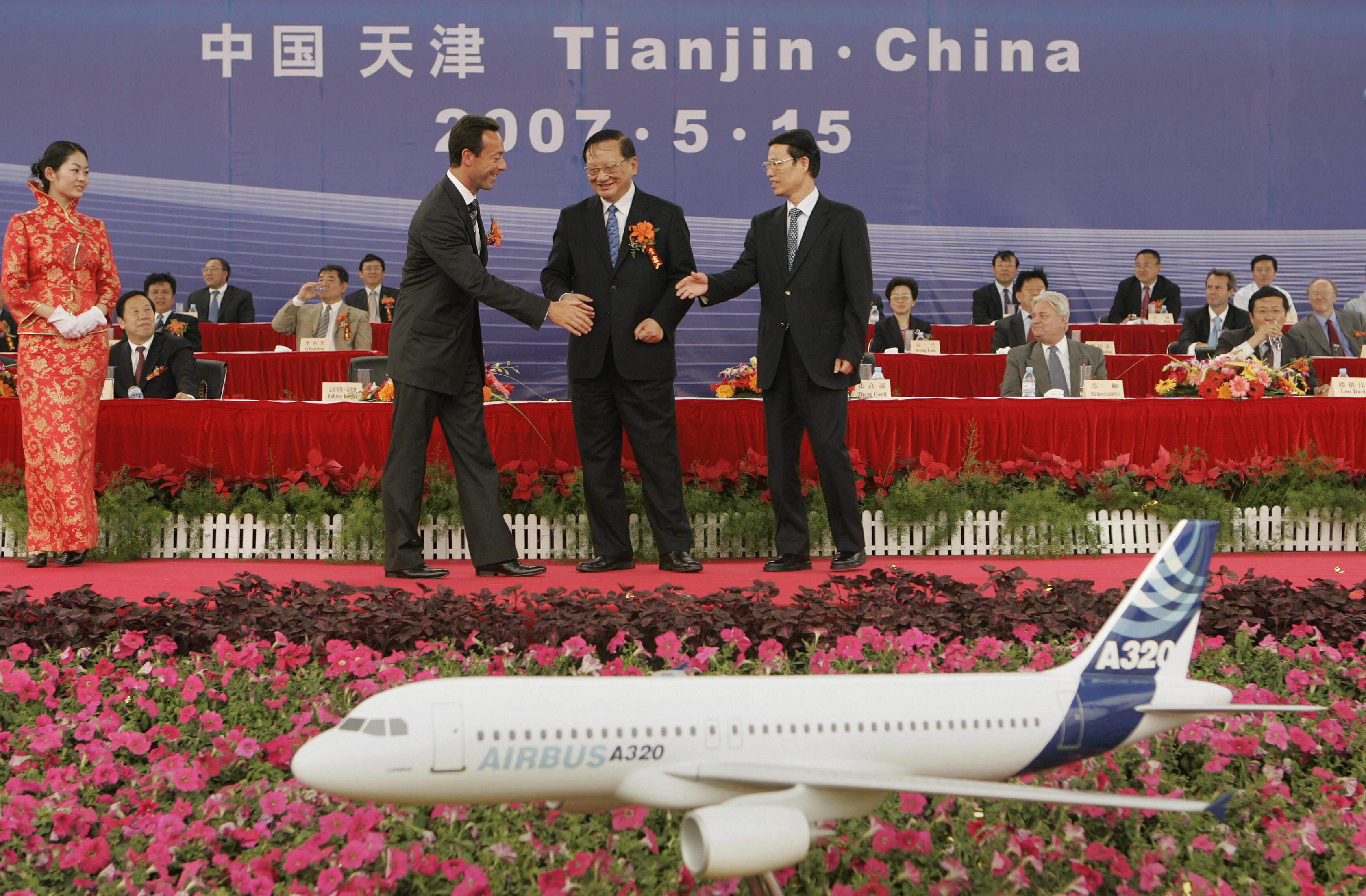Michael Lind’s “Econ 101 is Killing America” article has prompted a lot of very divergent responses from people who I respect. My view is that the piece has a lot of problems, and that I fundamentally disagree with the key premise that over-familiarity with the basic principles of economics is a primary cause of bad public policy in the United States. But if you pull together Lind’s best points, what he’s offering is a critique of the emphasis that economists put on the Smith/Ricardo critique of free trade in their public-facing role and I think Lind is right here.
The big issue that gets left out in pious lectures about comparative advantage is that Smith and Ricardo didn’t believe that long-term economic growth was possible! This was the era of economics as the “dismal science”, meaning that political economy was essentially the study of how to optimally allocate a fixed pool of resources. This was an important question in Smith’s time and it remains a very important question today. Governments, firms, and individuals constantly face the need to allocate fixed or quasi-fixed resources whether they’re WWDC tickets or street parking spaces near Logan Circle and we often do a bad job of it. The basic study of how to do this correctly is a crucial pursuit, and the case for liberalizing trade barriers is a crucial part of that case. If Connecticut or Denmark or Qatar tried to block all imports and provide for the welfare of their citizens based on the resources existing inside Connecticut or Denmark, then the living standards in those countries would collapse. They are small countries and even though they possess some valuable resources (human capital in the first two cases and natural gas in the latter) it’s simply impossible for a group of a few million people to reach the level of scale and specialization that’s optimal in a sophisticated modern economy. Denmark is not going to develop a domestic aircraft manufacturing industry that’s capable of meeting SAS’s airplane needs in a reasonable way, and if Connecticut started diverting its highly skilled labor force into textile manufacturing the results would be immiserating. Your available resources go further when you specialize in your source of comparative advantage, relying on trade to provide for the broad set of human needs and redistributive taxation to balance out specific losses.
What this misses, however, is that policymakers and citizens are often not interested in the allocation of a fixed pool of resources.
They’re interested instead in a question like “how can Nicaragua industrialize so it’s not such a poor country dependent on exporting low-value agricultural commodities”? And historically speaking, if you look at the countries that have industrialized successfully the answer involves trade protection and industrial policy. Of course if the answer were as simple as “try some trade protection and industrial policy” then we wouldn’t have poor countries. The classic public choice critique of trade protection and industrial policy—namely that it’s likely to end in corruption and incompetence rather than major economic breakthroughs—is perfectly sound. But that simply goes to show that industrializing is hard because good governance is hard, not that you shouldn’t try. Now in theory if Nicaragua simply optimizes itself for agricultural exports while investing in effective education programs, that could lead the country to industrialization without industrial policy. But for that to work, you have to assume that the educated Nicaraguans won’t simply don’t the optimizing thing and leave the country in favor of someplace where their skills are more valuable. In other words, the protectionism-free path to industrialization actually smuggles the protectionism back in through the back door by relying on labor market protectionism elsewhere to do the dirty work.
I think the reason economists don’t like to properly acknowledge this is that the case for protectionism and industrial policy proves too much. There’s one correct way to efficiently allocate resources and an infinity of ways to engage in inefficient rent-seeking. Once you say “maybe we don’t want an efficient allocation of resources after all” then every rent-seeker and his brother is going to come popping out of the woodwork with some cockamamie rationalization for why he needs special favors. And the vast majority of these ideas will be pernicious. But the fact of the matter is that people are often interested in questions like “how can poor countries catch-up and industrialize?” or “how can rich countries encourage fundamental innovation?” and the basics of Econ 101 don’t have a great deal to say about these questions.
